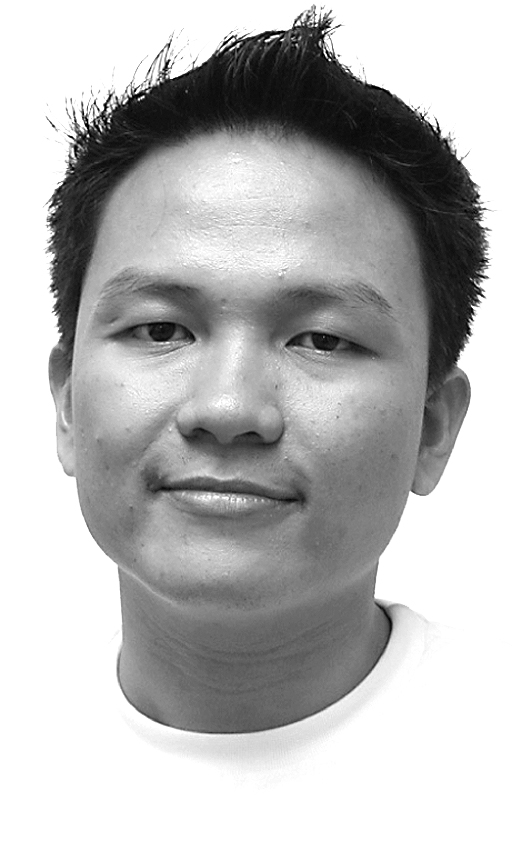
BAGUIA
Are you in favor of a federal form of government? The cab driver asked me.
I am against it, I replied. Under federalism, the Philippines will be divided into regions with greater autonomy from an overarching federal government.
That may be good in the sense that government would be brought closer to the people. Most internal matters would be in the hands of, say, a governor as chief executive of a region.
There is no guarantee, however, that the region would not be headed by people of the same stock — old political families, members of dynasties who are likely to have contributed to social inequality through their intergenerational monopoly on power.
I agree, the cab driver said, adding that there would be no guarantee that the corrupt will not be reelected. He said this is the reason he is not convinced there will be more development outside the capital though more money may be allocated to the locales than to the central government.
What about provinces like Masbate or the Lanaos? He asked. Perhaps the families who own ranches in Masbate will become richer. But all other people will remain poor.
* * *
We play cat-and-mouse at near the terminal, the lady vendor said.
She and I were sitting together with a few others to discuss human rights and tyranny.
She was referring to vendors like herself versus law enforcers in charge of clearing streets and public places.
These enforcers, she said, often throw their merchandise onto the streets or confiscate them.
When food items are seized, they are not released until they pay a fee. By the time the vendors retrieve the perishables, they are spoiled.
Another lady in the group, who lived by the sea, said she does not know if she will have a place to stay in the long run. The houses in her neighborhood are always under threat of demolition.
Do you know your rights? One from the group asked. The seaside dweller said she knows others have obtained a document that ensures they are entitled to a relocation site.
But so many others do not have this document, she said. Talk is rife that a medium-rise building will soon be constructed on their plots of land.
* * *
It is hard to drive a taxi nowadays, another driver said, adding that the competition is stiff.
I do not know, he said, what land transportation officials in Manila were thinking. They approved fast-ticking taxi meters. Passengers’ eyes jump out of their sockets with the final cost of a ride.
Other forms of transportation compete for commuters, he said. There are taxi motorcycles and low-cost buses from the airport into the city.
I could return to driving a jeepney, he said. My relatives profit much from jeepney driving. But my wife tells me to stay with taxi driving because there are insurance and health benefits tied to it.
* * *
Where do you live? The jeepney driver asked. I said I am from Talisay City.
Where do you work, he asked? At the University of the Philippines in Cebu, I said.
You go back and forth every day? He asked. I replied in the affirmative and he laughed, knowing I have to put myself through hellish traffic every day.
But he asked, too, about what subjects are taught in school, about the school itself, about what it takes for a student to stay and graduate, because he has a child who has just finished senior high.
I pray our government officials and elites realize that our people have hopes and dreams to which fulfillment they have a right.